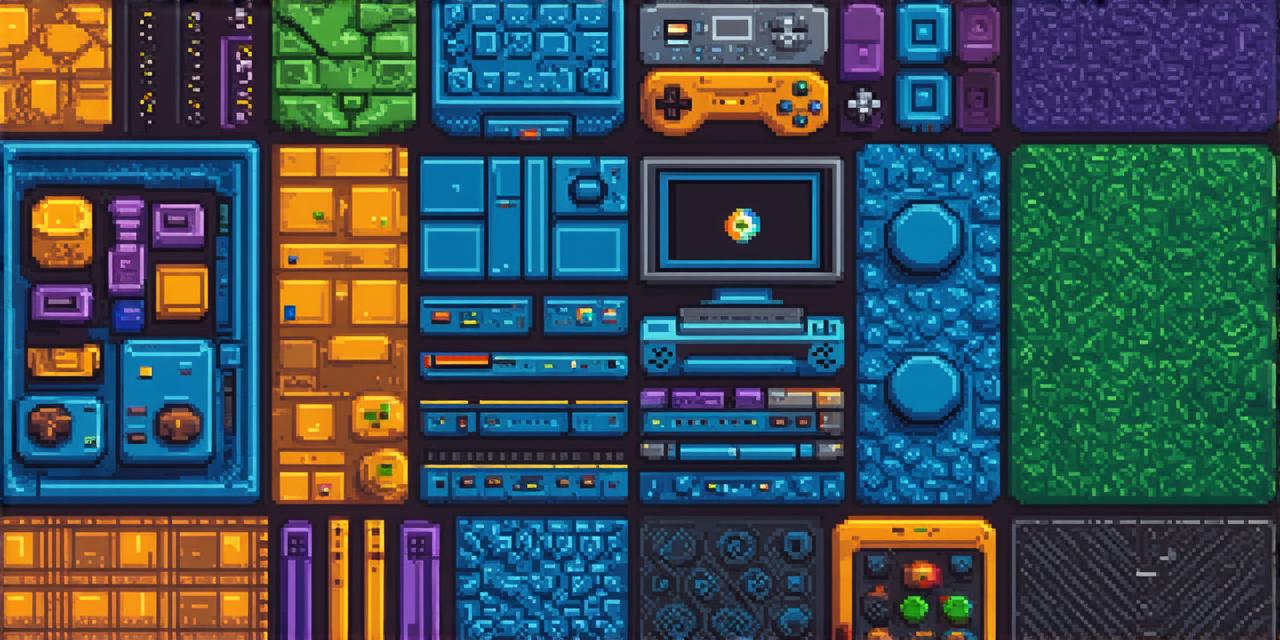Bachelor’s Degree in Game Design
One of the most common educational paths for aspiring video game designers is to obtain a bachelor’s degree in game design. This degree program typically takes four years to complete and covers topics such as game theory, programming, art and animation, sound design, and game production. Students in this program learn the ins and outs of game development, from conceptualization and prototyping to testing and iteration.
Upon completion of a bachelor’s degree in game design, graduates may find employment as junior game designers at video game studios. As they gain experience, they may advance to more senior roles such as level designers, UI/UX designers, or even lead game designers.
Master’s Degree in Game Design
For those looking for a more advanced education in game design, a master’s degree program may be the way to go. These programs typically take two years to complete and build upon the knowledge gained in a bachelor’s degree program. Students in a master’s degree program may focus on specific areas of game development, such as artificial intelligence or virtual reality, and have access to advanced research facilities and resources.

Upon completion of a master’s degree in game design, graduates may find employment at more senior levels within the video game industry, such as senior game designers, game directors, or even game producers. They may also pursue careers in academia, teaching game design courses at universities or researching new technologies and techniques for game development.
Certificate Programs in Game Design
For those who are already working in the gaming industry and looking to enhance their skills, certificate programs in game design may be a good option. These programs typically take between six months and one year to complete and provide students with specialized training in specific areas of game development, such as programming or game art.
Upon completion of a certificate program in game design, graduates may find employment as more specialized roles within the video game industry, such as game programmers, game artists, or sound designers. They may also use their newfound skills to create their own independent games and build their own portfolio of work.
Bootcamps and Online Courses
For those who are unable to attend traditional educational programs in game design, bootcamps and online courses may be a viable alternative. These programs provide students with intensive training in game development over the course of several months or even years. Some of these programs are run by established video game studios, while others are offered by private institutions or individuals.
While bootcamps and online courses may not provide the same level of formal education as traditional degree programs, they can still be a valuable tool for aspiring game designers looking to gain practical experience in the field. Many of these programs offer internships or job placement opportunities upon completion, allowing students to apply their newfound skills in a real-world setting.
Case Studies: Successful Video Game Designers with Non-Traditional Educations
While formal education is often seen as the gold standard for becoming a video game designer, there are many successful professionals who have achieved success without traditional degrees or certifications.
